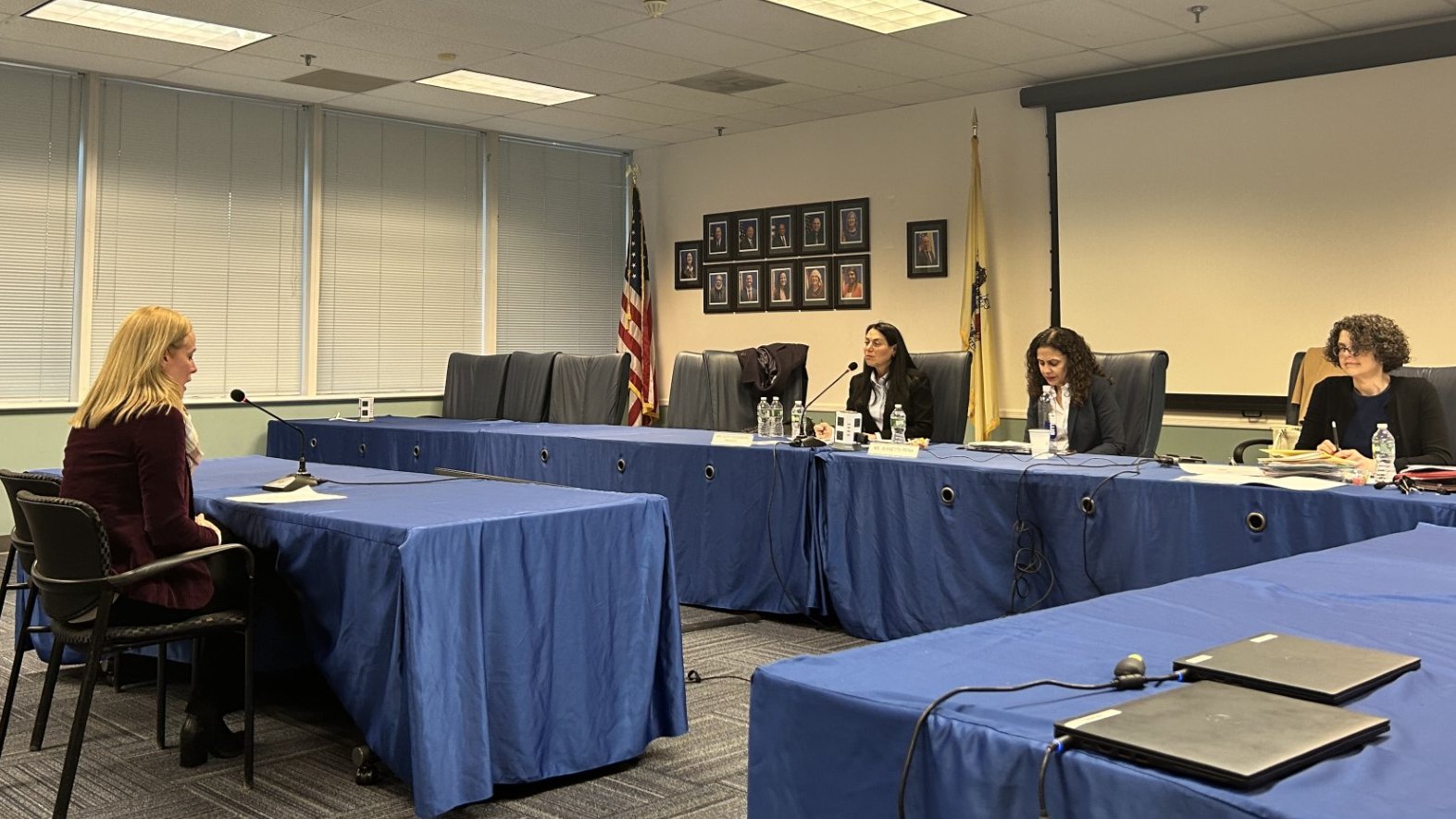Autism New Jersey Urges State Board of Education to Reject Fiscal Code Changes
June 05, 2024
Update:
As previously reported on March 6, 2024, the Department of Education (DOE) proposed a straight readoption of the current fiscal code. Today, the proposal advanced as the State Board of Education (SBOE) held a public testimony session. Autism New Jersey testified in support of the proposal to readopt the existing fiscal code. This readoption is exactly what Autism New Jersey advocated for earlier this year and will allow the community and the Department more time to engage in discussion about how to triage and address fiscal and programmatic issues.
Autism New Jersey extends its appreciation to the State Board of Education (SBOE) and Department of Education Acting Commissioner Kevin Dehmer for hearing our concerns and proposing this straight readoption. We will provide additional updates – such as the formal adoption of this code – as soon as they are available.

On February 7, 2024, Autism New Jersey’s Executive Director, Dr. Suzanne Buchanan, testified before the New Jersey State Board of Education to shed light on proposed regulations from the New Jersey Department of Education that could be harmful to vital special education programs in approved private schools for students with disabilities (APSSD).
To understand this complex issue, we have outlined the who, what, when, and the advocacy role that Autism New Jersey is playing.
WHO
New Jersey Department of Education (DOE), the state government agency that has oversight over public schools and students across New Jersey. The DOE administers state and federal aid to schools and ensures that schools are complying with state and federal laws and regulations.
- The Commissioner of Education is appointed by the Governor to act as the chief executive officer of the DOE.
- Oversight and services from the DOE are provided by several divisions within the DOE, including academics, student supports, and finance, among other areas of expertise.
New Jersey State Board of Education (SBOE), a 13-member, Governor-appointed board that advises the Commissioner and DOE on education matters and has the authority to adopt education regulations (sometimes referred to as the New Jersey Administrative Code or rules) in accordance with the Administrative Procedures Act.
Approved Private Schools for Students with Disabilities (APSSDs), private schools that receive public funding in the form of tuition from public school districts to educate students with disabilities when the student’s local district school does not have the appropriate services required by the student’s IEP. Because APSSDs receive public school funding and educate public school children, they are subject to regulatory oversight by the DOE.
WHAT and WHEN
The DOE fiscal regulations that govern regular school districts and APSSDs will expire in April 2024. To ensure continued fiscal accountability and smooth operations of the state’s public schools and APSSDs, the DOE must propose regulations, provide a public comment opportunity, and the SBOE must vote to adopt the regulations.
The DOE is proposing significant amendments to the regulations that govern APSSDs that would have a negative impact on the ability of APSSDs to operate safely, recruit and retain highly qualified staff, and provide necessary services to students with disabilities. Impacted areas include restrictions related to:
- Salaries
- Consultants and professional services
- Tuition rates
- Instructional costs
- Other legal and facility costs
As part of the regulatory process, on February 7, 2024, the SBOE held a public session to hear testimony about DOE’s proposed amendments to its fiscal regulations. The disability community came out in full force to testify about the detrimental impacts of the proposed amendments to the APSSD section of these regulations.
Given the significant number of substantive proposed changes and the short window of time before the expiration of these regulations, most public testimony urged the DOE and the SBOE to adopt the APSSD section of the fiscal code without any amendments.
Read Autism New Jersey’s Testimony
Autism New Jersey’s Advocacy
Over the last two years and more so in recent months, we have repeatedly attempted to meaningfully engage the Department of Education to ensure that its regulatory oversight of APSSDs furthers the collective goals of improving fiscal accountability, boosting educational programs, and maximizing instruction for students with autism.
More recently, we have actively engaged the State Board of Education, the Governor’s Office, and partner agencies regarding specific provisions. As a result of our efforts to date, some problematic provisions have been rolled back.
- Maximum administrative cost percentage
- Minimum average daily enrollment
- Inappropriate limitations on IEP implementation
- Independent fiscal revocation determinations
But other problematic provisions remain. Among our key requests is to strengthen existing language related to the roundtable workgroup by mandating its existence, meeting frequency, and participants. Mandating regular engagement will help improve understanding between DOE and the APSSD community and provide a foundation for collaborative, real-time problem solving.
Going forward, we will continue to request a straight readoption of the current regulations and simultaneously engage in meaningful dialogue about the proposed amendments.
Looking to learn more and/or get involved?
- Review DOE’s proposed amendments to the regulations and their responses to public comment to date.
- The current regulations, which expire in April, are available.
- You can submit written comment about the regulatory proposal to chapter23A16to22@doe.nj.gov.
- Autism New Jersey recommends tailoring your written comment to specific provisions of the regulations and suggesting specific changes, where possible. Please feel free to use any of the themes from Autism New Jersey’s testimony and make them your own.
Originally posted: February 9, 2024
Updated: March 6, 2024
Updated: June 5, 2024
